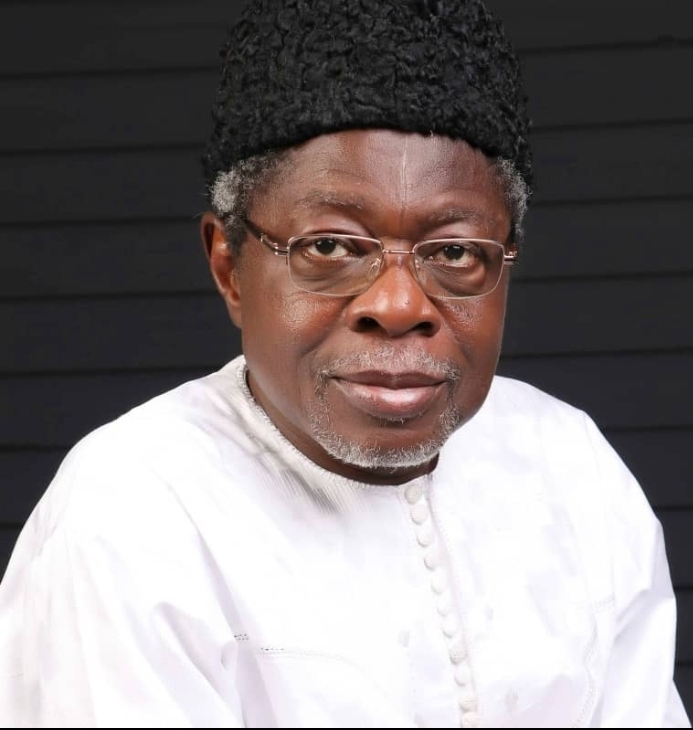In the system of governance we practise, there are three arms – the Legislature, Executive and Judiciary. The Legislature is said to be the first among the three. The arms are characterised by the principle of separation of powers as each is supposed to be independent of the other.
The doctrine of separation of powers was first formulated by one of the most important 18th Century political scientists, the French political philosopher, Baron de Montesquieu, in his work De l’esprit des lois, or ‘The Spirit of the Laws’ (1748), which states that “There can be no liberty where the legislative and executive powers are united in the same person or body of magistrates … [or] if the power of judging be not separated from the legislative and executive powers.”
English philosopher John Locke (1632-1704) had earlier argued that legislative power should be divided between the King and the Parliament. Locke states that legitimate government is based on the idea of separation of powers. First and foremost of these is the legislative power. He describes legislative power as supreme in having ultimate authority over “how the force for the commonwealth shall be employed.”
His political philosophy is that multiple institutions can share the same power. The legislative power in his day was shared by the House of Commons, the House of Lords and the King. And since all three had to agree for anything to become law, all three were part of the legislative power.
The legislative arm, independent as it may be, is important in agenda setting, governance, checks and balances and the stability of a polity. And so to assume this toga of independence, people of high repute and strong moral fibre, who upcoming generations would see as role models, ought to be members as well as presiding officers.
The legislative powers of the Federal Republic of Nigeria are vested in the National Assembly, which consists of the Senate and the House of Representatives as enunciated in Chapter One, section four of the 1999 Nigerian Constitution.
Currently, who holds what position in the next National Assembly, the 10th, is what is agitating the polity.
Perhaps, with all the above postulations in mind, when the president-elect met with elected National Assembly members of his party at the State House conference hall in Abuja towards the selection of the leadership of the two chambers of the National Assembly on March 13, he declared, “I have no preferred candidate for the 10th NASS leadership; I wish all the contenders well.” Recent developments, however, seem to suggest that that position is no longer the case.
We have several people wanting to either be president, in the case of the Senate, or Speaker, in the case of the House of Representatives. Among them, we have the good as well as the bad and, not surprisingly, the ugly.
Unfortunately, the bad and the ugly, especially in the Senate, are those having the upper hand. We have those playing cat-and-mouse games with the Economic and Financial Crimes Commission getting endorsements left, right and centre. Sadly, the issue of having someone above board to serve as a role model and beacon of hope at the top level in the Red Chamber is not what is important to stakeholders and “our leaders.”
There is a ray of hope in the Green Chamber, though, as many of those gunning for the number four job are great guys. Amongst them is Hon. Aliyu Betara, a fifth termer from Borno and chairman, House Committee on Appropriation. Maybe, he is encouraged by the fact that both current Vice President Yemi Osinbajo and the Speaker, Femi Gbajabiamila, are from the same South West zone. There is also Hon. Yusuf Gagdi, a former Speaker of the Plateau State House of Assembly, and Hon. Ahmed Wase, the incumbent Deputy Speaker of the House and five-time lawmaker.
Others include Hon. Tunji Olawuyi, the current chairman, House Committee on Emergency and Disaster Preparedness, and Hon. Miriam Onuoha, a third termer who represents Okigwe North Federal Constituency in Imo State. She currently chairs the House Committee on Disabilities and is also known for sponsoring the controversial bill which seeks to decriminalise the growth and use of Cannabis.
But what we should be concerned with is how “independent” a legislature can be when a president or president-elect in the case of the National Assembly or a governor or governor-elect, in the case of a state assembly, determines who becomes the presiding or principal officers.
Again, a situation where the president and the state governors are leaders of their various political parties at the national and state levels and have great stakes in determining who becomes a legislator cannot make for any independence of the legislature. If what is playing out comes to be, we are most likely going to be saddled with another rubber stamp National Assembly.
Hassan Gimba is the Publisher and Editor-in-Chief of Neptune Prime.





